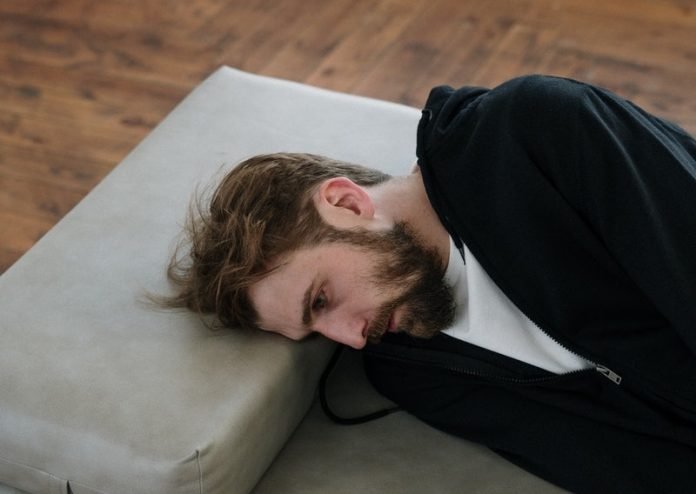
In a new study, researchers found that personalized brain stimulation could reduce severe depression symptoms.
They found a novel personalized neuromodulation approach that—at least in one patient—was able to provide relief from symptoms of severe treatment-resistant depression within minutes.
The approach is being developed specifically as a treatment for people with debilitating depression who do not respond to existing therapies and are at high risk of suicide.
The research was conducted by a team at UC San Francisco.
Depression is among the most common psychiatric disorders, affecting as many as 264 million people worldwide and leading to hundreds of thousands of deaths per year.
But as many as 30% of patients do not respond to standard treatments such as medication or psychotherapy.
In the study, the team mapped the effects of mild stimulation of several mood-related brain sites in a patient with severe treatment-resistant depression.
The patient was a 36-year-old woman who has experienced multiple episodes of severe treatment-resistant depression since childhood.
The researchers found that 90-second stimulation of several different brain sites could reliably produce an array of distinctive positive emotional states.
They then tested more prolonged (three- to 10-minute) stimulation of these three areas to attempt longer-lasting relief of the patient’s depression symptoms.
They found stimulation at different sites could alleviate distinct symptoms of the brain disease—reducing anxiety, boosting energy levels, or restoring pleasure in everyday activities—and, notably, that the benefits of different stimulation sites depended on the patient’s mental state at the time.
The researchers found that the effects of stimulation could be tailored to the patient’s mood, and that positive effects lasted for hours, well beyond the 40-minute window.
The patient’s symptoms also got significantly better over the course of the 10-day study, leading to a temporary remission lasting 6 weeks.
The researchers hope that providing gentle neuromodulation throughout each day will be able to prevent patients from falling into long-lasting depressive episodes.
They hope every patient can get a different, personalized treatment, and doctors will be delivering treatment only when personalized brain signatures of a depressed brain state indicate treatment is needed.
One author of the study is Katherine Scangos, MD, Ph.D., an assistant professor in the Department of Psychiatry and Behavioral Sciences.
The study is published in Nature Medicine.
Copyright © 2021 Knowridge Science Report. All rights reserved.



